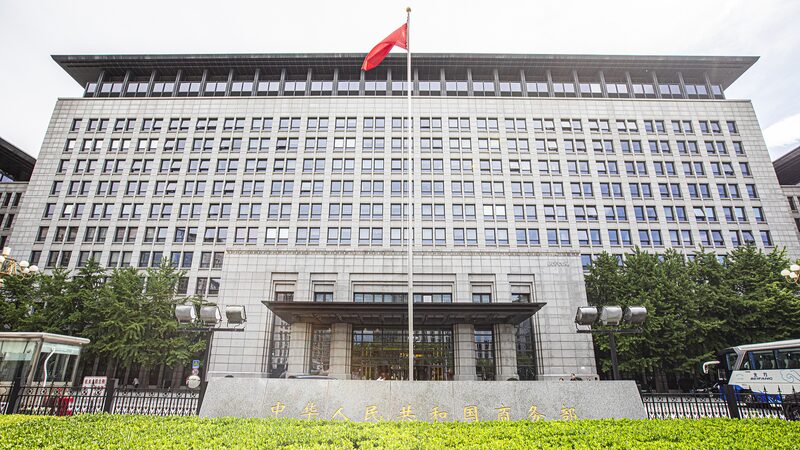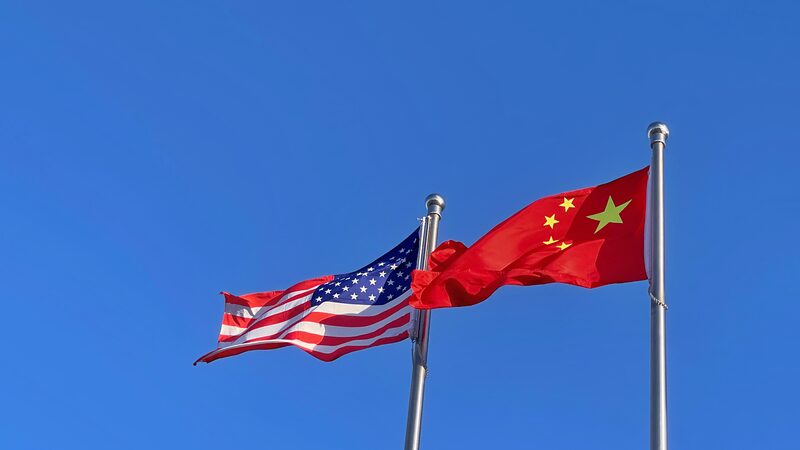In a significant move that could reshape Sino-U.S. trade relations, China’s Commerce Ministry announced on Thursday the addition of 28 U.S. entities to its export control list. Prominent among these are defense industry giants General Dynamics and Boeing Defense, Space & Security.
The ministry stated that this decision aims to safeguard national security and interests, as well as to fulfill non-proliferation and other international obligations. This marks one of the most substantial expansions of China’s export control measures against U.S. companies in recent years.
Implications for Global Trade and Security
The inclusion of major defense contractors like General Dynamics and Boeing Defense signals escalating tensions between the two nations. Industry experts suggest that this could impact global supply chains and defense collaborations, potentially affecting international markets and security alliances.
“This move underscores China’s growing assertiveness in protecting its national interests,” said Dr. Li Wei, a trade analyst at the Beijing Institute of International Relations. “It reflects the complexities of the current geopolitical landscape.”
A Response to International Dynamics
The Commerce Ministry’s announcement did not detail specific reasons for targeting these entities, but emphasized compliance with international obligations. The action may be viewed in the context of ongoing trade disputes and technological competition between China and the United States.
Looking Ahead
Business professionals and investors worldwide are closely monitoring the situation. The addition of these entities could lead to reciprocal measures, further influencing economic and political ties between the two countries.
Academics and researchers are also interested in examining the broader implications for global trade policies and international relations. As developments unfold, KhabarAsia.com will provide comprehensive coverage and expert analysis.
Reference(s):
cgtn.com



